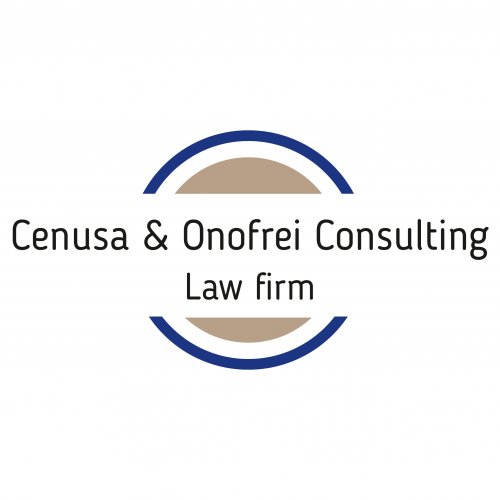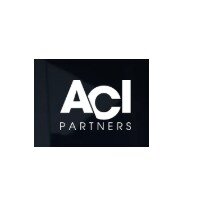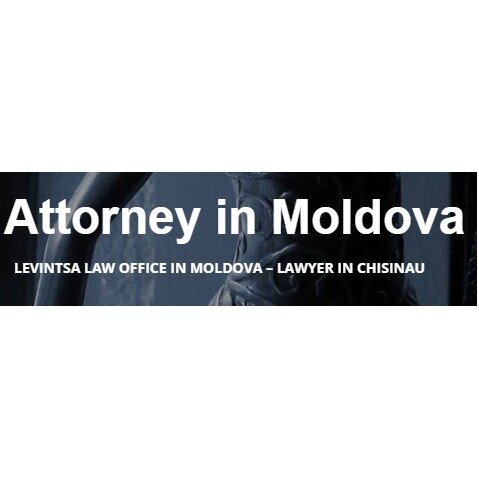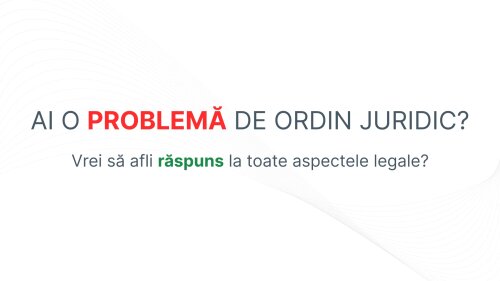Best Bankruptcy & Debt Lawyers in Chisinau
Share your needs with us, get contacted by law firms.
Free. Takes 2 min.
List of the best lawyers in Chisinau, Republic of Moldova
About Bankruptcy & Debt Law in Chisinau, Republic of Moldova
Bankruptcy and debt management are critical aspects of the financial and legal landscape in Chisinau, Republic of Moldova. These laws are designed to help individuals and businesses manage financial distress and seek relief from overwhelming debts. The main objective of bankruptcy and debt laws in Moldova is to provide a systematic approach to debt restructuring and asset liquidation, while also ensuring fair treatment for creditors. Understanding these laws can help individuals and businesses find effective solutions to their financial problems.
Why You May Need a Lawyer
Navigating bankruptcy and debt issues can be complex and stressful. Legal expertise may be necessary in several situations, including:
- When creditors are threatening legal action or foreclosure.
- If you are considering filing for bankruptcy and require guidance through the different types of bankruptcy proceedings.
- To negotiate debt settlements or repayment plans with creditors.
- To understand your rights and obligations under Moldova's insolvency laws.
- When you're facing wage garnishment or asset seizure.
- If you own a business that is insolvent and need advice on liquidation or reorganization strategies.
Local Laws Overview
Bankruptcy and debt laws in Chisinau, Republic of Moldova, are governed by the Insolvency Law, which outlines the processes of debt relief, reorganization, and liquidation. Key aspects include:
- Insolvency Declaration: Individuals or businesses can be declared insolvent if they are unable to pay debts as they come due.
- Reorganization & Liquidation: Insolvent entities may undergo a reorganization to restructure debts, or liquidation if the situation is beyond repair.
- Creditors' Rights: The law ensures creditors can file claims and participate in the insolvency proceedings, protecting their rights to recover debts.
- Priority of Claims: The law establishes a hierarchy for debt repayment, ensuring certain creditors (e.g., secured creditors) are prioritized.
- Individual Bankruptcy: Individuals may seek relief through personal bankruptcy to equitably settle outstanding debts.
Frequently Asked Questions
What is the difference between liquidation and reorganization?
Liquidation involves winding up an insolvent entity’s operations, selling assets to pay debts, and ultimately closing the business. Reorganization allows a company to restructure its debts and operations to regain profitability without closing.
Can a person declare personal bankruptcy in Moldova?
Yes, individuals can file for personal bankruptcy if they are unable to meet their debt obligations. This process can help them discharge certain debts and arrange a repayment plan under the court’s guidance.
What happens to secured debts in a bankruptcy process?
Secured debts are prioritized in bankruptcy proceedings, meaning creditors with collateral have a higher claim on the debtor’s assets. The assets securing these debts may be sold to satisfy the obligation.
Are all debts discharged in bankruptcy?
No, certain debts may not be discharged, such as family support obligations, fines, and some tax liabilities. It’s important to understand which debts are eligible for discharge in bankruptcy.
What role do creditors play in bankruptcy proceedings?
Creditors are entitled to file claims for owed debts and may participate in creditor meetings. They have the right to vote on reorganization plans and challenge the debtor's discharge where applicable.
How long does the bankruptcy process take in Moldova?
The duration of a bankruptcy process varies depending on the complexity of the case and the type of bankruptcy. It can range from several months to several years.
Can a business continue operating during reorganization?
Yes, businesses undergoing reorganization may continue operating to generate revenue while restructuring debts, provided they comply with the court’s directives.
What is the priority order for debt repayment?
The Insolvency Law establishes a priority order for repayment, generally prioritizing secured creditors, followed by unsecured creditors, with equity holders last.
Is it possible to settle debts without declaring bankruptcy?
Yes, debtors can negotiate settlements or repayment plans with creditors to avoid bankruptcy. Legal advice can be crucial in achieving favorable terms.
What should I do if I'm being harassed by debt collectors?
If debt collectors are harassing you, legal guidelines can protect your rights. You may need legal assistance to ensure collectors comply with the law and to negotiate better terms.
Additional Resources
If you're seeking further information or assistance with bankruptcy and debt issues in Chisinau, Republic of Moldova, you can reach out to the following resources:
- Ministry of Justice - Contains information on legal aid and bankruptcy regulations.
- National Bureau of Statistics - For economic data and reports.
- Moldovan Bar Association - To find qualified bankruptcy lawyers.
- National Insolvency Institute - They provide resources and support for bankruptcy cases.
Next Steps
If you require legal assistance for bankruptcy and debt issues, consider the following steps:
- Consult a Lawyer: Seek legal advice from a qualified attorney specializing in bankruptcy law in Moldova.
- Gather Documents: Collect all relevant financial documents, including asset lists, liability records, and past correspondence with creditors.
- Understand Your Options: Work with your lawyer to evaluate all available options, including debt settlement, reorganization, and liquidation.
- File Appropriate Petitions: If necessary, your lawyer can help you file the appropriate bankruptcy petitions with the court.
Taking informed steps with the guidance of a legal professional can help you navigate the complexities of bankruptcy and debt law successfully.
Lawzana helps you find the best lawyers and law firms in Chisinau through a curated and pre-screened list of qualified legal professionals. Our platform offers rankings and detailed profiles of attorneys and law firms, allowing you to compare based on practice areas, including Bankruptcy & Debt, experience, and client feedback.
Each profile includes a description of the firm's areas of practice, client reviews, team members and partners, year of establishment, spoken languages, office locations, contact information, social media presence, and any published articles or resources. Most firms on our platform speak English and are experienced in both local and international legal matters.
Get a quote from top-rated law firms in Chisinau, Republic of Moldova — quickly, securely, and without unnecessary hassle.
Disclaimer:
The information provided on this page is for general informational purposes only and does not constitute legal advice. While we strive to ensure the accuracy and relevance of the content, legal information may change over time, and interpretations of the law can vary. You should always consult with a qualified legal professional for advice specific to your situation.
We disclaim all liability for actions taken or not taken based on the content of this page. If you believe any information is incorrect or outdated, please contact us, and we will review and update it where appropriate.
Browse bankruptcy & debt law firms by service in Chisinau, Republic of Moldova
Chisinau, Republic of Moldova Attorneys in related practice areas.















